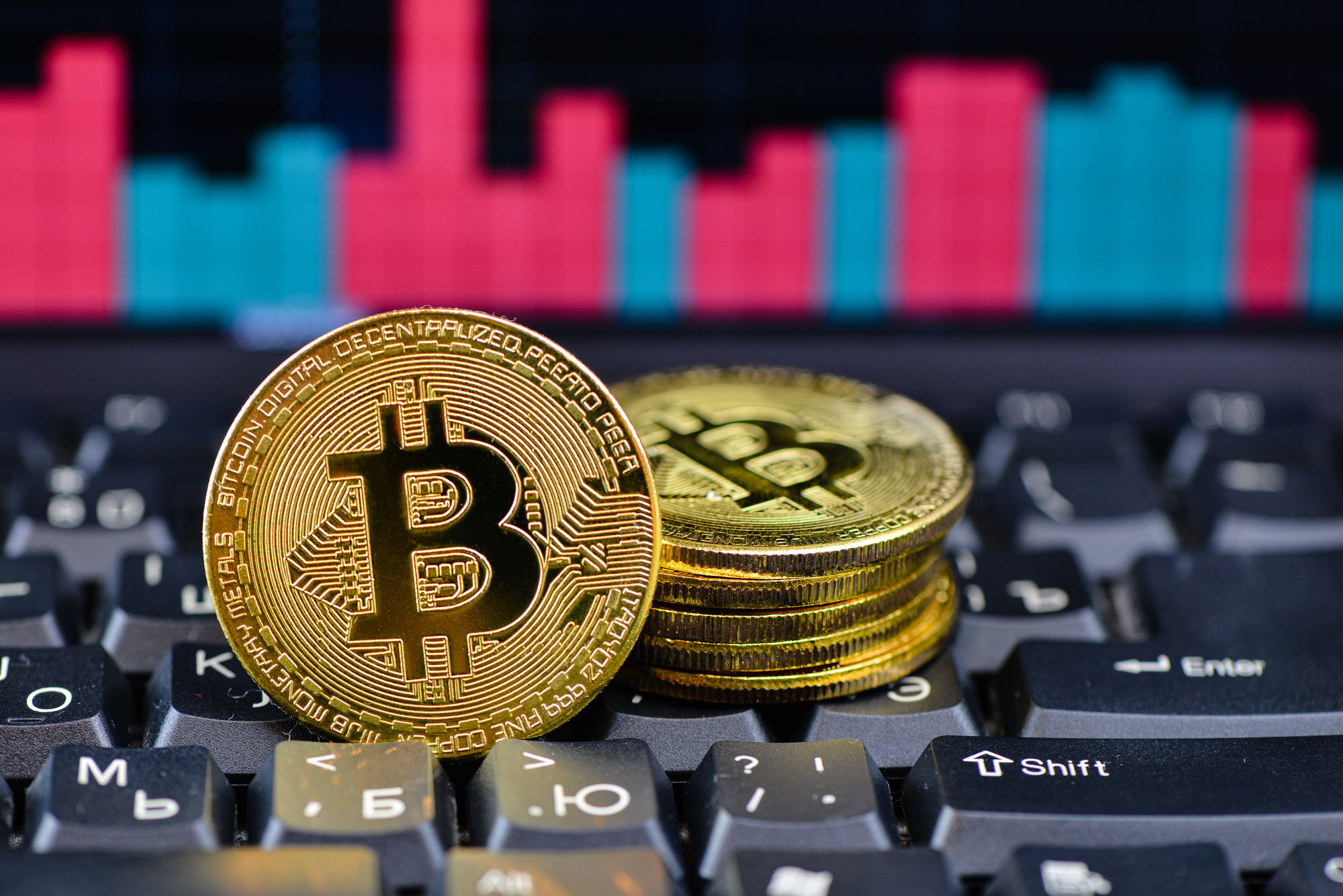Recent research published by CoinGecko reveals that governments’ Bitcoin holdings worldwide amount to 471,380 Bitcoins worth $32.7 billion as of July 29, 2024.
The countries on the list increase their Bitcoin holdings by buying the flagship crypto, getting it from donations, or seizing it from criminal activities. The top five countries holding the most Bitcoin are the US, China, the UK, El Salvador, and Ukraine.
However, while Germany was also supposed to make this list, the government recently liquidated its 46,359 BTC holdings, valued at over $3 billion.
United States (US)
CoinGecko data shows that the United States is currently the largest government Bitcoin holder. The country has seized 213,297 BTC, worth roughly $14.82 billion. This seizure largely resulted from the shutdown of the online black market Silk Road, among the first darknet markets. The government seized around 69,000 BTC when it closed down Silk Road.
China
Despite cryptocurrency mining and trading crackdown, China holds substantial Bitcoin from seizures. The Chinese government now holds Bitcoin worth around $13.20 billion, or 190,000 BTC. It seized the most significant portion of the PlusToken Ponzi scheme, a major cryptocurrency scam promising up to 30% returns.
United Kingdom (UK)
The United Kingdom came third among the top governments holding Bitcoin. They busted a money laundering operation and seized 61,000 BTC, worth around $4.24 billion. Law enforcement identified multiple wallets linked to a Chinese takeaway worker who converted cryptocurrency into cash or assets in Dubai, United Arab Emirates (UAE).
El Salvador
El Salvador made Bitcoin legal tender in 2021, becoming the first country to do so. As such, Central American countries have been buying Bitcoin actively, unlike the others on this list, which got most of their BTC holdings from seizure. The country’s Bitcoin holdings now total 5,800 BTC, worth around $400 million.
The government introduced the “1 BTC a day” program in November 2022 and buys one Bitcoin daily regardless of the exchange rate.
Ukraine
Ukraine is the only country on this list that received most of its Bitcoin from donations to assist its war efforts against Russia. The government posted a Bitcoin address on X in February 2022.
Stand with the people of Ukraine. Now accepting cryptocurrency donations. Bitcoin, Ethereum and USDT.
BTC – 357a3So9CbsNfBBgFYACGvxxS6tMaDoa1P
ETH and USDT (ERC-20) – 0x165CD37b4C644C2921454429E7F9358d18A45e14
— Ukraine / Україна (@Ukraine) February 26, 2022
Since then, it has received Bitcoin worth $45.23 million. A Ukrainian foundation set up a wallet to support the army and received donations of 685.1 BTC, or just over $47 million.
The total comes to 1,336.4 BTC, but the current holdings are only 186.18 BTC (approx. $13 million). The government is using the funds to support its war efforts.
Will governments’ Bitcoin holdings continue to increase?
Some governments may view Bitcoin as a hedge against inflation. Countries facing hyperinflation or economic instability might adopt Bitcoin as a store of value. If other nations follow El Salvador’s lead in legalizing Bitcoin, more governments may contemplate holding BTC.
Governments that prioritize fintech and digital innovation might choose to invest in Bitcoin, thereby supporting and promoting the development of blockchain technology within their borders.
As Russia demonstrated, Bitcoin could provide an alternative for international trade and reserves in cases where global economic sanctions restrict a country’s access to traditional financial systems.












